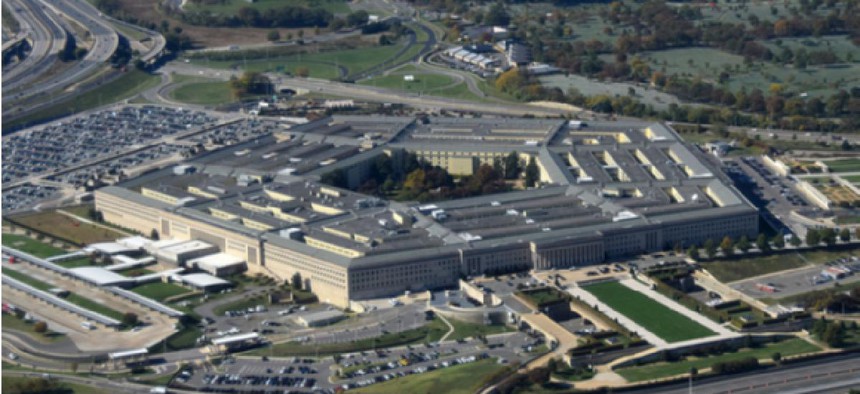New delegated authority could sink DOD unions

One union attorney told FCW that the new policy could have the effect of suddenly ending collective bargaining agreements.

Last week, the Trump administration advanced a policy giving the defense secretary the authority to circumvent collectively bargaining with Defense Department employees.
"When new missions emerge or existing ones evolve, the Department of Defense requires maximum flexibility to respond to threats to carry out its mission of protecting the American people," the memo said. "This flexibility requires that military and civilian leadership manage their organizations to cultivate a lethal, agile force adaptive to new technologies and posture changes."
If the policy is put into practice, according to one union attorney, union agreements covering civilian Defense Department workers would suddenly cease to be in effect.
The Civil Service Reform Act of 1978 allows agencies and subagency components to suspend collective bargaining in case of emergency situations, but previous administrations have only exercised it on a handful of occasions relating to specific national security concerns.
National Federation of Federal Employees' (NFFE) General Counsel Jeff Friday cited one instance in which the Department of Justice suspended collective bargaining agreements in the wake of 9/11.
"The memo's policy is unclear," Friday said in an interview with FCW. "It's hard to say what would hold up in court [if challenged]. The authority given to the president within the provision was meant for legitimate purposes relating to national security."
NFFE represents 110,000 federal employees, including 20,000 DOD employees.
According to Friday, no one had mentioned the memo thus far during ongoing contract negotiations with NFFE employees. Friday said the union is waiting to see if the administration provides further guidance.
He added that if the memo went into effect as written, "it would be as if the employees suddenly had no union. They would have no collective bargaining rights or any say in their working conditions."
Employees would still have rights to appeal to the Merit Systems Protection Board if they were suddenly dismissed, Friday said, but those rights have diminished according to the provisions of three controversial workforce orders President Donald Trump signed into law in May 2018.
"The existence of the memo is a potentially very concerning concept, which seems to just be another anti-union attack among many," Friday said.
The memo requires advance notice to be published in the Federal Register before the defense secretary or other authorized official actually uses the authority.





